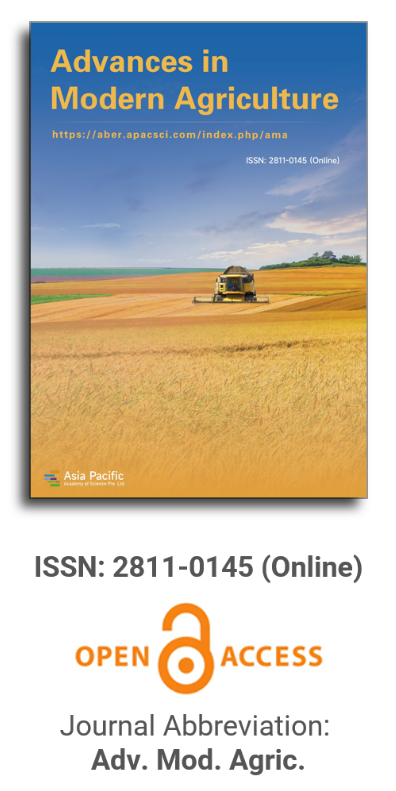


The indigenous Mayan populations of the Yucatan Peninsula of Mexico have practiced the ancient traditions of family farming, especially home gardens, to ensure their food security. With the objective of improving traditional practice with modern science, data were collected on the structural complexity and functional diversity of 20 home gardens selected at random in each of the following five communities: X-Maben, X-Pichil, X-Yatil, San José II, and Melchor Ocampo. In addition, group discussions were organized to elucidate the management strategy practiced by the indigenous people. The results show that home gardens are managed mainly by women. The main purpose of growing and maintaining home gardens is to guarantee the production of nutritious food year round. Finally, the home gardens also serve secondary purposes, such as the provision of products and services for traditional medicine. This study suggests that home gardens should be promoted and invested in to improve inclusive development strategies for contexts with similar socio-cultural and biophysical circumstances.
Under the background of China’s double-carbon policy and global climate change, the organic combination of photovoltaic and agriculture has given birth to a new mode of integrated development of traditional agriculture and new energy. This paper summarizes the research and development progress in the field of photovoltaic + agriculture in China from the aspects of the concept of photovoltaic technology, the combination of photovoltaic with agricultural production, and the application of photovoltaic in agricultural production. The research shows that the development of photovoltaic technology has reduced the consumption of non-renewable energy to a great extent, which has brought great advantages to energy supply and green organic agricultural production. Future research can deepen the construction of a perfect and idealized photovoltaic + agriculture model from the theoretical system of photovoltaic combined with agriculture.
The basic principles of the discrete element method were summarized, and commonly used software and its characteristics were introduced. The application of the discrete element method in tillage, planting, harvesting, and other agricultural machinery R&D was reviewed. Typical examples of the application of the discrete element method in agricultural machinery research and design at home and abroad were discussed and analyzed. Application prospect and trend of discrete element method in the field of agricultural engineering were prospected in order to provide reference for further development of modern agricultural equipment digital design.
Taking SCI papers related to the Internet of Things for Agricultural Equipment Research as the object, comprehensively using bibliometric methods, the paper content analysis methods and expert consultation, the methods, through analyses of paper output trends, hot research topics, leading countries, key research contents, etc. The development trend, international competition situation, and hotspot directions of the Internet of Things for agricultural equipment were revealed, with a view to providing decision support for optimizing research layout and project management.

Prof. Zhengjun Qiu
Zhejiang University, China

Cheng Sun
Academician of World Academy of Productivity Science; Executive Chairman, World Confederation of Productivity Science China Chapter, China
Indexing & Archiving
In the realm of modern agriculture, the integration of cutting-edge technologies is revolutionizing the way we approach sustainable farming practices. A recent study published in Advances in Modern Agriculture titled "Classification of cotton water stress using convolutional neural networks and UAV-based RGB imagery" has garnered significant attention for its innovative approach to precision irrigation management. Conducted by researchers from Institute of Data Science and the AgriLife Research and Extension Center of Texas A&M University (authors's information is below). This study introduces a novel method for classifying cotton water stress using unmanned aerial vehicles (UAVs) and convolutional neural networks (CNNs), offering a powerful solution for optimizing water use in agriculture.
Modern agricultural technology is evolving rapidly, with scientists collaborating with leading agricultural enterprises to develop intelligent management practices. These practices utilize advanced systems that provide tailored fertilization and treatment options for large-scale land management.
This journal values human initiative and intelligence, and the employment of AI technologies to write papers that replace the human mind is expressly prohibited. When there is a suspicious submission that uses AI tools to quickly piece together and generate research results, the editorial board of the journal will reject the article, and all journals under the publisher's umbrella will prohibit all authors from submitting their articles.
Readers and authors are asked to exercise caution and strictly adhere to the journal's policy regarding the usage of Artificial Intelligence Generated Content (AIGC) tools.
Asia Pacific Academy of Science Pte. Ltd. (APACSCI) specializes in international journal publishing. APACSCI adopts the open access publishing model and provides an important communication bridge for academic groups whose interest fields include engineering, technology, medicine, computer, mathematics, agriculture and forestry, and environment.


 Open Access
Open Access

.jpg)
.jpg)

.jpg)
